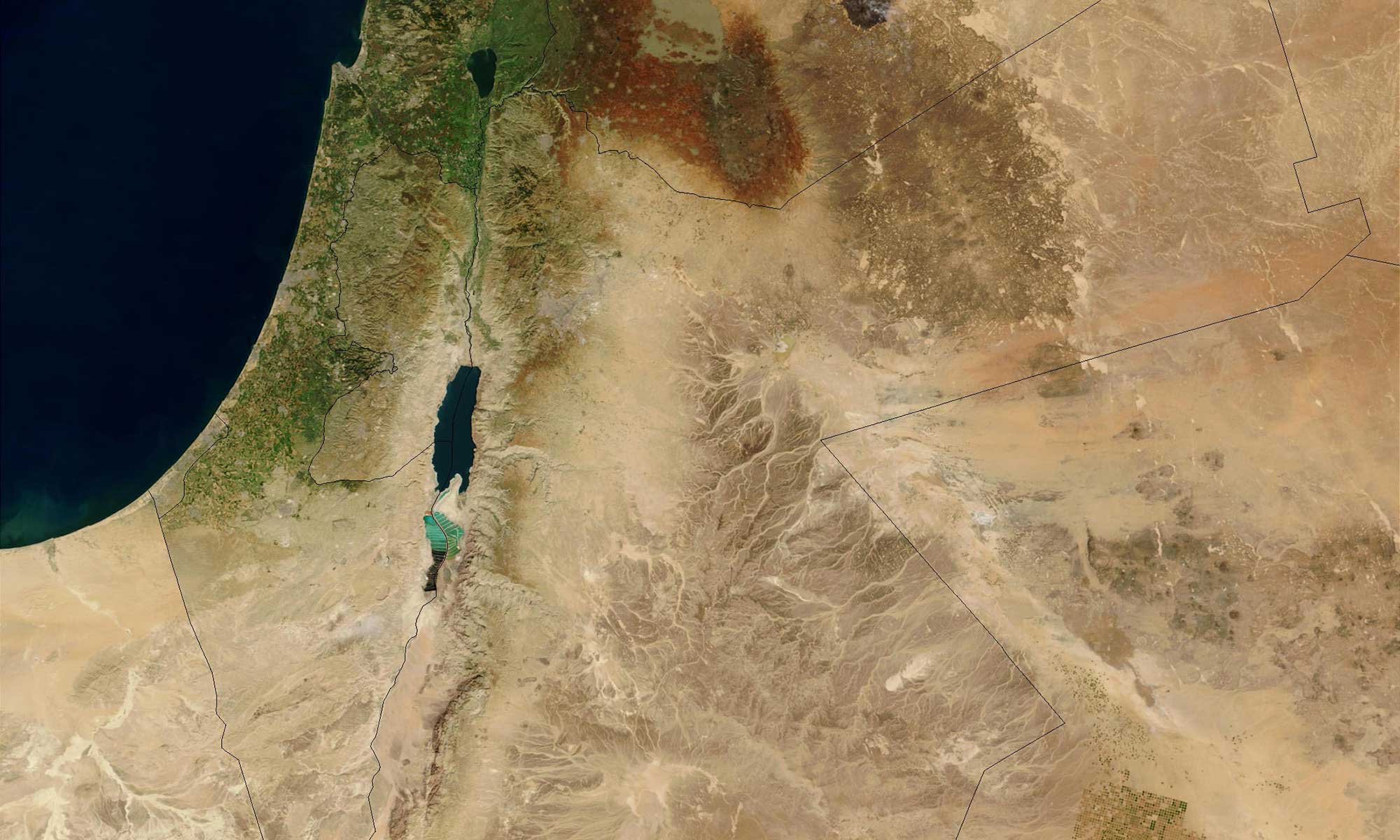Is Zionism a failed ideology? This question will strike many people as absurd on its face. Israel, after all, is a nation with an advanced standard of living, a high-tech economy and one of the most formidable militaries on earth. In a little over half a century, it has taken in millions of people from far-flung corners of the globe, taught them a new language and incorporated them into a political culture that is nothing if not vigorous. If this is failure, there are a lot of countries wishing for their share of it.
But consider the things Israel has not accomplished. In his 1896 manifesto The Jewish State, Zionism’s founding document, the Austrian journalist Theodor Herzl predicted that such a country would be at peace with its neighbors and would require no more than a small professional army. In fact, Zionist settlers have clashed repeatedly with the Arabs from nearly the moment they began arriving in significant numbers in the early twentieth century, a Hundred Years’ War that grows more dangerous by the month. Herzl envisioned a normal state no different from France or Germany. Yet with its peculiar ethno-religious policies elevating one group above all others, Israel is increasingly abnormal at a time when almost all other political democracies have been putting such distinctions behind them. Herzl envisioned a state that would draw Jews like a magnet, yet more than half a century after Israel’s birth, most Jews continue to vote with their feet to remain in the Diaspora, and an increasing number of Israelis prefer to live abroad. Israel was supposed to serve as a safe haven, yet it is in fact one of the more dangerous places on earth in which to be Jewish….
…Under normal conditions, Israeli secularists would forge alliances not only with like-minded Palestinians but with others farther afield. But Zionism interferes not only by plunging society into a permanent state of war but by imposing a kind of conceptual prison. If not forbidden, contacts across religious lines grow very complicated in a “faith-driven ethno-state.” “You don’t understand,” educated, secular Israelis say when European and American friends criticize the latest Israeli outrage. “You don’t know what it’s like to live in a society where a bomb could go off any minute. You don’t know.” But that is exactly the point. The purpose of Zionism, and of nationalism in general, is to impose a barrier between one group and another, to limit contact and impede understanding. By emphasizing one aspect of human experience, the ethno-religious in the case of Israel, at the expense of all others, it hobbles communication with those outside the fold. The personality is truncated, and political options are reduced. Instead of freely deciding what is to be done, people are forced to follow the logic imposed on them by the state. Hounded by rabbis, terrorized by suicide bombers, hemmed in by nationalism, Israelis see no alternative but to throw in their lot with a strongman like Sharon. The logic is irresistible but suicidal–unless someone can figure a way out of the ideological cage.
READ THE ENTIRE ARTICLE IN THE NATION
Another view: “The One State Solution” by Mazin Qumsiyeh
And another: “In memory of Edward Said: the one-state solution” by Ibrahim Halawi (2014)
And one more, “The ‘Two-state Solution’ Only Ever Meant a Big Israel Ruling Over a Palestinian Bantustan. Let It Go,” Opinion by Jeff Halper (2018)

